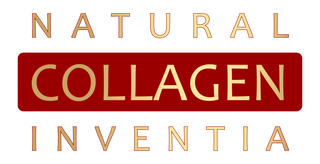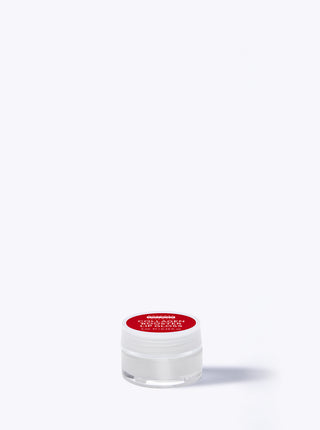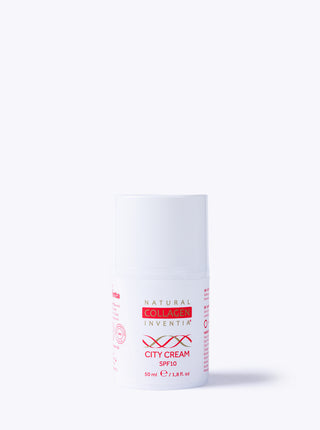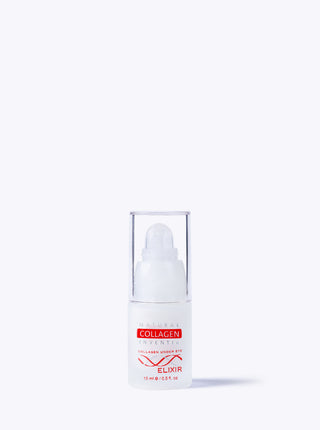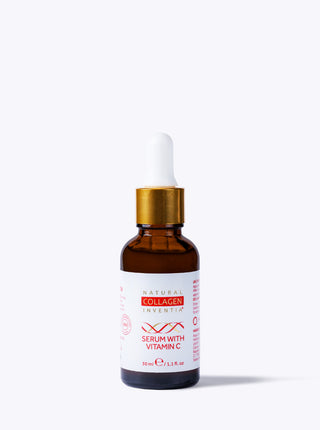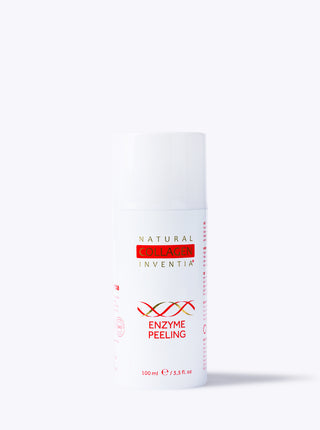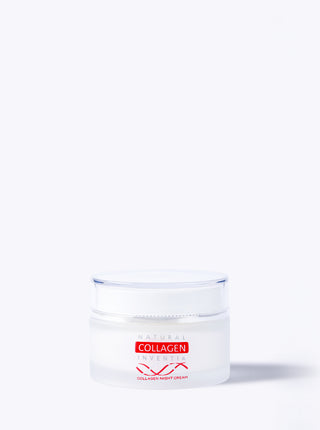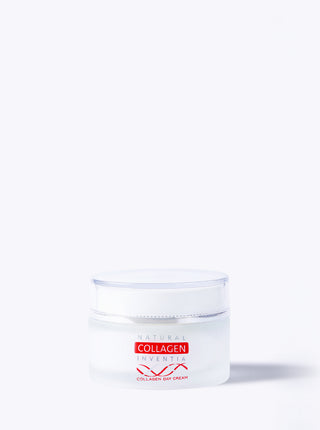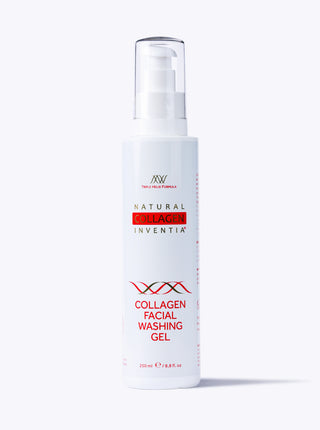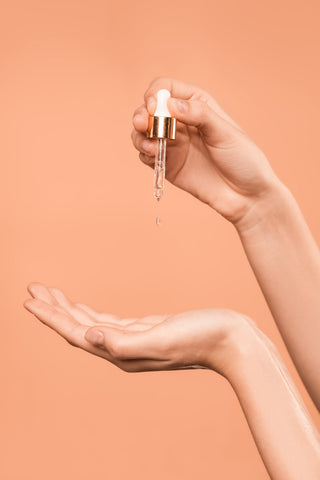
wHAT IS COLLAGEN?
Collagen, a vital protein constituting about 25% of the body's proteins, is primarily present in connective tissues like skin, cartilage, tendons, and bone, as well as blood vessels and other structures.
Its unique structure, formed from amino acids into triple helices, grants it strength and elasticity, crucial for maintaining tissue integrity. With over 28 types, including type I (skin, tendons, bone), type II (cartilage), and type III (blood vessels, organs), collagen's role varies across tissues. Cells like fibroblasts and osteoblasts produce collagen molecules, which assemble into fibrils, forming the structural foundation of tissues.

Collagen & Age
As age reduces collagen production, dietary intake of collagen-building nutrients becomes important, and collagen's incorporation into skincare and supplementation for joint health gains significance.
TYPES OF COLLAGEN
Explore the diverse world of collagen, a key ingredient in skincare and wellness, available in various forms to suit different needs and preferences:
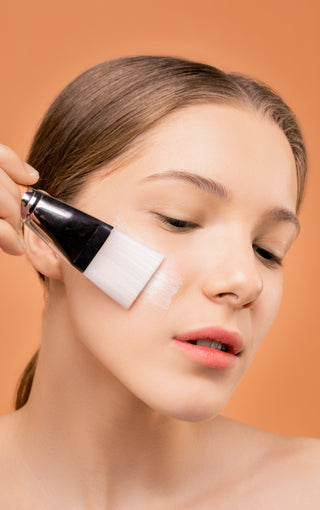
Hydrolysed Collagen: This widely used component in cosmetics, also known as gelatine, is produced through the breakdown of collagen proteins. It consists of various molecular fragments and is cheaper due to its production process. Although used in food and cosmetics, its quality as a substitute for native collagen is debated.
Animal Collagen: Found in animals, collagen comprises various proteins crucial for tissue building. Higher vertebrates have more cross-linked collagen, affecting properties like elasticity. Fish collagen, less cross-linked, retains its solubility, making it suitable for gentle extraction methods. Bovine collagen might carry prions, infectious proteins causing diseases.

Plant Collagen (Fitocollagen): Plant-derived polycarbohydrates have a protective effect on the skin but differ from animal collagen, which contains specific amino acids. Extensin, a plant protein, contains hydroxyproline but doesn't replicate collagen's effects.
Microcollagen: Small protein particles mimicking collagen fragments are designed to influence collagen production and skin elements. Modified for stability and penetration, these are produced in labs.
Lyophilised Collagen (Inventia native fish collagen): Obtained through freeze-drying, this method preserves active substances like vitamins and proteins. Used in supplements and skincare, it's costly due to production expenses.
Inventia Natural Collagen
Natural Collagen Inventia - Native Fish Collagen is a cosmetic product containing water, collagen, caprylyl glycol, and lactic acid. Collagen, a vital protein in connective tissue, makes up about 30% of mammalian proteins and is essential for skin and bone health. Collagen types and structures vary, with common traits of triple helix formation.
The collagen production process involves synthesis, modification, and assembly into fibrils. Natural Collagen Inventia primarily contains fish collagen, offering benefits such as moisturization, skin renewal, and stimulation of collagen production. It lacks prions, making it safer than animal-derived collagen.
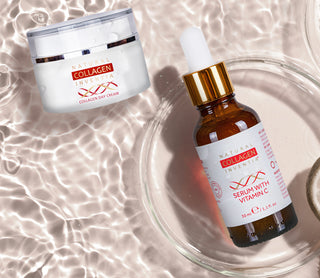
Inventia Natural Collagen products are enriched with lactic acid for exfoliation and moisturization, and it meets microbiological safety standards. Produced under GMP and ISO standards, Natural Collagen Inventia is recommended for various complexions, especially mature and sensitive skin.
